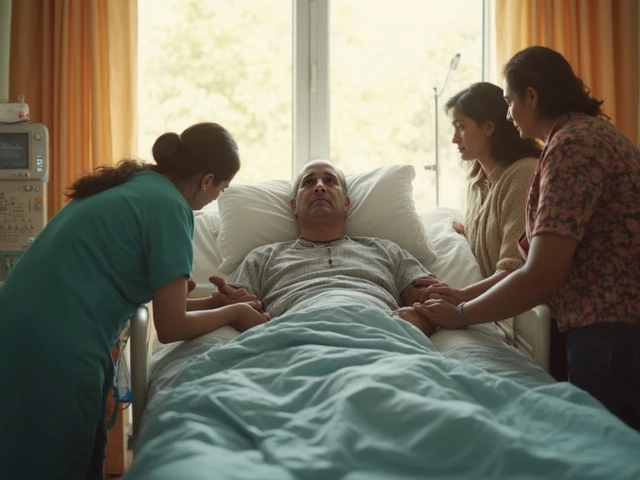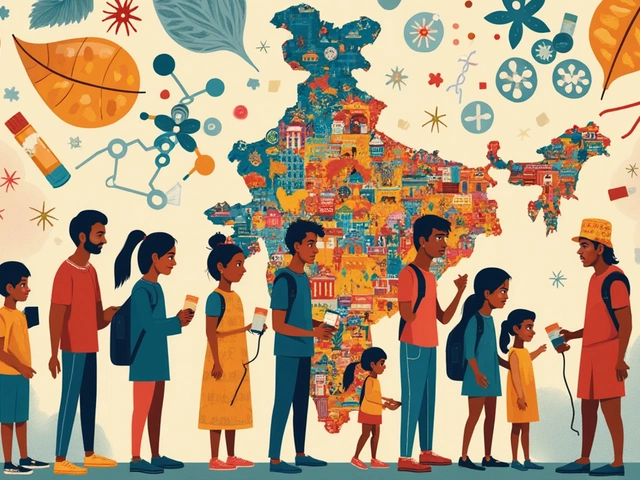In vitro fertilization (IVF) is more than a medical procedure; it’s a journey filled with emotional, physical, and financial challenges. While many discuss the success stories, few address the hidden realities that accompany IVF, such as the emotional impact, the unpredictability of outcomes, and the potential health considerations. This article uncovers the lesser-known aspects of the IVF process, offering candid insights and tips for those considering this path. Understanding these factors can better prepare individuals and couples for what lies ahead.
Read MoreAssisted Reproduction Guide: What You Need to Know
If you’ve been trying to start a family and hit a roadblock, assisted reproduction might be the next step. It’s a set of medical techniques that help eggs, sperm, or embryos work together when nature needs a boost. In India, clinics offer a range of options, and the costs are often lower than in many western countries. Below we break down the main methods, what to expect, and how to pick a clinic that fits your budget and comfort level.
Common Assisted Reproduction Methods
In‑vitro fertilisation (IVF) is the most well‑known. Doctors stimulate the ovaries, retrieve eggs, fertilise them with sperm in a lab, and then place the embryos back into the uterus. Success rates vary with age, but many clinics report around 40‑50% for women under 35.
Intracytoplasmic sperm injection (ICSI) is a variation of IVF where a single sperm is injected directly into each egg. It’s useful when sperm quality is low or when previous IVF cycles have failed.
Egg or sperm donation helps couples where one partner cannot produce viable gametes. Indian donors are screened thoroughly, and legal paperwork is handled by the clinic.
Surrogacy involves another woman carrying the pregnancy. Indian law now restricts commercial surrogacy to Indian couples, but altruistic arrangements are still possible under strict guidelines.
Other techniques include embryo cryopreservation (freezing embryos for later use) and pre‑implantation genetic testing (PGT) to screen embryos for chromosomal issues.
Choosing the Right Clinic in India
Start by checking the clinic’s accreditation. Look for a NABH‑certified centre or one that follows the guidelines of the Indian Council of Medical Research (ICMR). Accreditation means the lab meets quality standards and the team stays updated on best practices.
Ask about success rates, but focus on data that matches your age group and specific treatment plan. A clinic that publishes transparent, audited statistics is usually more trustworthy.
Cost matters, too. IVF cycles in India range from INR 80,000 to 150,000, while ICSI adds about INR 20,000‑30,000. Donor cycles and surrogacy can push the total above INR 500,000. Many clinics offer package deals that include medication, monitoring, and embryo freezing.
Read patient reviews on independent forums, not just the clinic’s website. Real experiences give clues about staff friendliness, waiting times, and how well the clinic handles complications.
Finally, schedule a consultation. The doctor should explain the process in plain language, answer all your questions, and respect your emotional needs. If you feel rushed or unclear, keep looking – you’ll be spending months with this team.
Assisted reproduction can feel overwhelming, but breaking it down into steps makes it manageable. Know the options, compare clinics, and plan financially. With the right information and a supportive clinic, you increase your chances of a happy, healthy baby.





